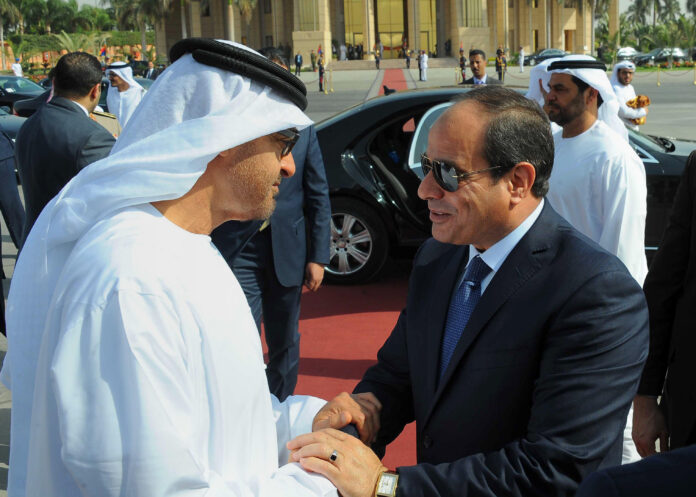Author: Hicham Alaoui
Affiliation: Harvard University’s Weatherhead Center for International Affairs
Organization/Publisher: Orient XXI
Date/Place: October 5, 2021/France
Type of Literature: Opinion Article
Word Count: 2693
Link: https://orientxxi.info/magazine/geopolitics-of-the-gulf-return-of-qatar-weakening-of-the-united-arab-emirates,5086
Keywords: Qatar, United Arab Emirates, Embargo Qatar, Taliban, Arab Spring.
Brief:
Qatar has coped to contend its vital role in Afghanistan, which demonstrates that Qatar has managed to emerge from its seclusion. The United Arab Emirates, however, despite plentiful resources, has met enormous obstructions. Rendering to Qatar’s isolation, UAE and KSA’s 2017 collation (under the praise and complicity of Trump), to embargo Qatar, was aimed to corner Qatar and to shut down Al Jazeera. Nevertheless, as Qatar deployed independent statecraft and over-the-horizon strategy, the geopolitical situation has now flipped and it is the Emirates that finds itself on the defensive position, having suffered blowback on multiple regional fronts. Subsequently, with Qatar’s restoration in Afghanistan, Qatar has become Afghanistan’s crucial power negotiator by virtue of being the Taliban’s most trusted foreign interlocutor. Qatar enabled airlifts for countless Americans and at-risk Afghans, and together with Turkey has decided to operate Kabul’s airport on behalf of the Taliban. Relations between the West and Taliban now rely upon the decisions made by Doha. In the post-Arab Spring era, while Saudi and Emirati leaderships moved in lockstep, Qatar’s strategy—and by extension the counterrevolutionary front—was tactically miscalculated by the UAE. Qatar’s re-emergence has been the vanishing coherence of the counterrevolutionary axis itself. Under Mohammad bin Salman, Saudi Arabia has redefined its approach, and learned to act more pragmatically by taking more distance from the UAE. Fundamentally, the Saudi regime fights for the same geopolitical market share as the Emirati leadership, and this competition has now burst into the open. Public disagreements between the two have become more blatant, as in this summer’s rift over oil production that temporarily marginalized OPEC. With that, Qatar’s strategic revival heralds pivotal implications for regional developments. Now, when the playing field between Qatar and the UAE has been flattened, both states will search for new ways to outwit the other. To counter Qatar, the Emirates will bank on its relationship with China. Contrasting the US, China’s presence in the Middle East relies upon economic agreements rather than military assets. Within the Gulf, the UAE has uniquely committed itself to Chinese entry into the region. In a nutshell, both Gulf states—with enormous determinations—are at the commencement of another round of geopolitical competition.
By: Maryam Khan, CIGA Research Associate




